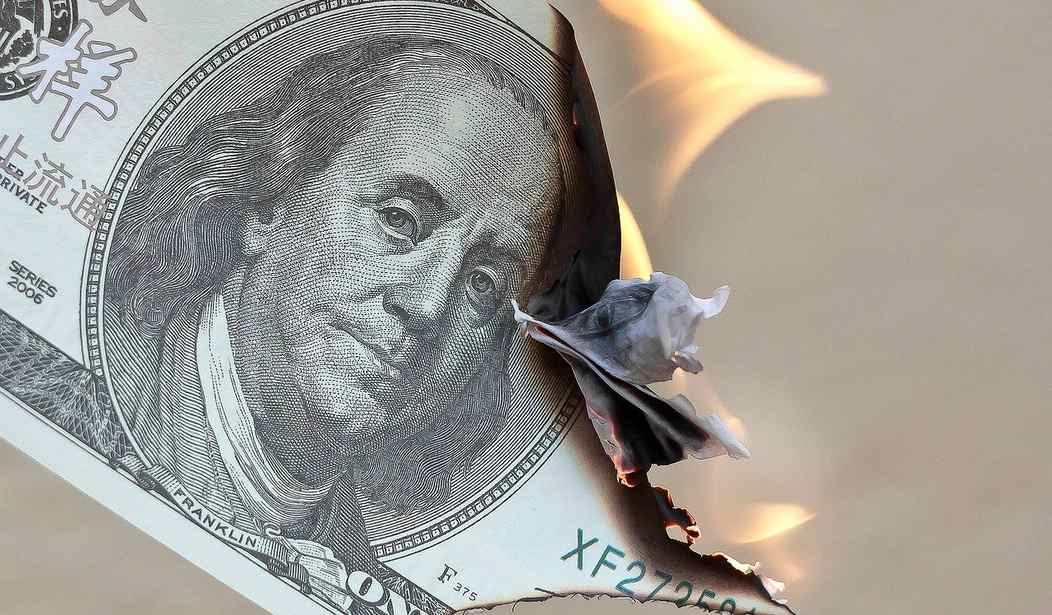“Inflation is cooling off just as economists, the Fed, and Biden expected,” reads the headline on the business news website “Insider.” The story could have been written by someone in the Biden White House.
“The Personal Consumption Expenditures price index – one of the most popular measures of US inflation – jumped 0.4% last month, the Commerce Department said Friday. That matches the median forecast of a 0.4% increase. The print reflects a slowdown from June’s inflation rate and the slowest price growth since February.”
Indeed, the PCE is the Fed’s preferred month-to-month measurement to determine the trajectory of prices. And while the July number shows improvement over June and May’s numbers, that’s not saying much. The PCE still rose at a record rate — the highest in 30 years.
“As our economy has come roaring back, we’ve seen some price increases. Some folks have raised worries that this could be a sign of persistent inflation,” President Joe Biden said in remarks last month. “But that’s not our view. Our experts believe and the data shows that most of the price increases we’ve seen are — were expected and expected to be temporary.”
Biden, administration officials and the Federal Reserve repeatedly stated that increasing inflation would be a temporary result of the ongoing economic recovery. Federal Reserve Chair Jerome Powell said inflation was “higher and more persistent” than expected, but he added that the rate of price increases would eventually decrease.
One unspoken caveat to the “rate of price increases would eventually decrease” mantra is that prices will continue to rise faster than they were rising before Joe Biden’s spendapalooza—even after the inflation “threat” is declared over by the White House. Inflation is expected to settle down somewhere around 2 percent or slightly higher—that’s if everything breaks right for Biden.
Related: Supreme Court Strikes Down Biden Eviction Moratorium—Again
Atlanta Fed President Raphael Bostic told CNBC on Friday that business contacts in his region have told him they see inflation persisting beyond the near-term time frame.
“We don’t want and we really can’t afford to have inflation that is too high, because people at the lower end of the spectrum are going to be hurt pretty significantly,” he told CNBC’s Steve Liesman during a “Squawk Box” interview.
Much of the current inflation pressure is coming from energy and food, which rose 23.6% and 2.4%, respectively, from a year ago.
We can thank Biden for the volatility in energy prices. His climate change and environmental policies have fossil fuel producers jittery, leading to a speculation boom in energy prices.
The pressure that rising prices place on the economy can easily derail the recovery as whatever gains workers have made in wage increases will be washed away in an inflationary surge.










Join the conversation as a VIP Member